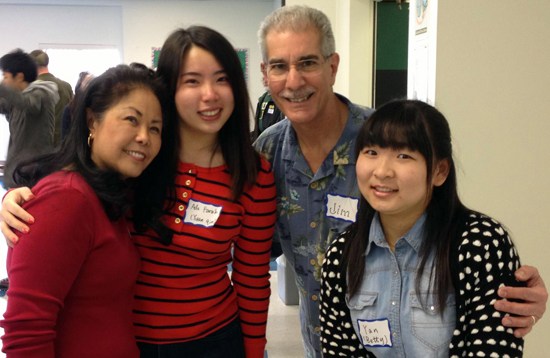View Content #17208
| Contentid | 17208 |
|---|---|
| Content Type | 5 |
| Title | Small Steps to Build Students’ Intercultural Communicative Competence in Language Classrooms |
| Body | by Yifang Zhang, OIIP Director During the five years I have worked with the Oregon International Internship Program (OIIP) at CASLS, I have been surprised to witness how many students from China and Taiwan speak fluent English with very high TOEFL or GRE scores but fail to communicate with people in the United States effectively. There are many reasons students miscommunicate, of course. Even communicating with people who share the same language and culture is difficult. In this article, I would like to talk about the issue of miscommunication from a language teacher’s perspective. How can we, as language teachers, help our learners to become better communicators in the target language? What kind of strategies and knowledge do learners need in real-world situations when they try hard to build a relationship? This topic is too large to tackle in a short article, but I would like to share a real case from the OIIP students. Their voices made me reflect on language teaching and realize there are small things language teachers can do to help their students be better intercultural communicators. For example, when Chinese teachers teach xie xie to students, they tend to explain it means "thank you" in English and then spend a lot time practicing the tone with their novice students. The same thing happens in English classrooms in China. However, xie xie and thank you are not equal to each other in terms of usage and function. Compared to thank you in English, xie xie is not used as often within group members, such as family members and close friends. It is considered a polite word meant for outsiders. When you are really close to somebody, you almost want to avoid using it so that people won’t think you are treating them as an outsider. It is common to hear the following conversation in China: Person A: Thank you very much. Person B: Don’t treat me as an outsider. We insiders don’t need to say thank you. The OIIP students, who have passed many difficult English exams, didn’t know that thank you in English is one of the most common words used with family members on a daily basis. They are surprised to find that their host parents thank each other so often that they start to feel uncomfortable. On the other hand, some of the host parents feel they are under appreciated because they don’t hear the variety of thank you’s from the students they open their home to. This issue probably can be easily solved by showing the usage of xie xie or thank you in a variety of settings from movies. Then, you can have the students analyze the relationship between the interlocutors and come up with the rules on their own. In this way, students get to learn the target culture and language using their own analytical skills. I believe intercultural communication competence can and should be taught in language classrooms. It can be thoughtfully included in teaching objectives in every lesson.
While living with host families, students in the Oregon International Internship Program begin to understand the importance of pragmatics in language education. |
| Source | CASLS |
| Inputdate | 2014-02-02 10:32:24 |
| Lastmodifieddate | 2014-02-03 03:02:39 |
| Expdate | Not set |
| Publishdate | 2014-02-03 02:15:01 |
| Displaydate | 2014-02-03 00:00:00 |
| Active | 1 |
| Emailed | 1 |
| Isarchived | 0 |

